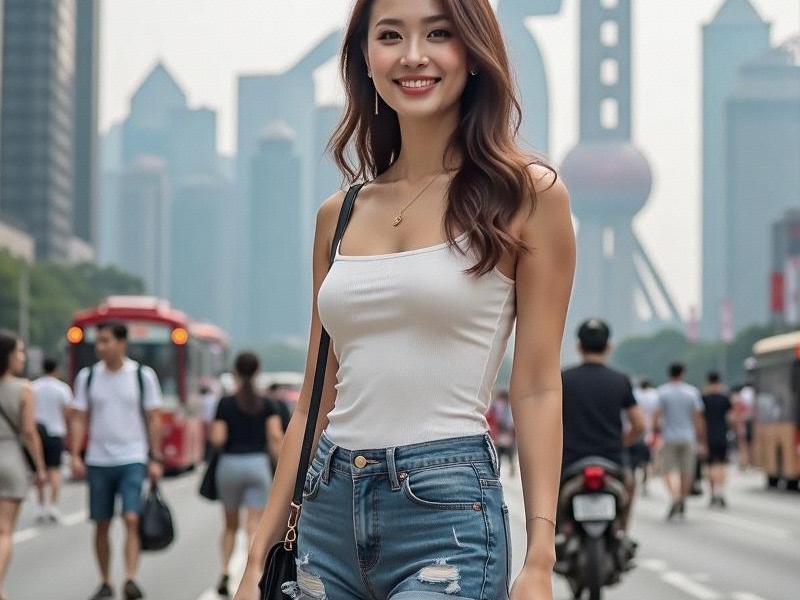This investigative report explores Shanghai's transformation into a global cultural powerhouse, examining the rapid development of its art districts, innovative museum models, and the delicate balance between preserving heritage and embracing modernity.

The scent of oil paint mingles with the aroma of freshly brewed specialty coffee along Shanghai's West Bund, where abandoned industrial warehouses have been reborn as avant-garde galleries and performance spaces. This metamorphosis symbolizes the city's ambitious cultural renaissance, positioning itself as Asia's answer to New York's Chelsea or London's South Bank.
Shanghai's cultural infrastructure has expanded at breakneck speed. The past five years alone have seen the opening of 42 new museums, including the groundbreaking Pudong Art Museum designed by Jean Nouvel, which attracted 1.2 million visitors in its first year. The municipal government's "Culture Shanghai 2030" plan allocates ¥8.7 billion annually to creative industries, with remarkable results - the sector now contributes 12.6% to the city's GDP.
爱上海同城419 "Shanghai is uniquely positioned at the intersection of Chinese tradition and global contemporary culture," explains curator Li Xiaofei, whose multimedia exhibition "Memory of Water" recently toured from Long Museum to the Venice Biennale. "Our artists draw from the city's rich history while engaging in cutting-edge dialogues about urbanization and digital identity."
The preservation of cultural heritage presents both challenges and opportunities. The meticulous restoration of the 1933 Slaughterhouse into a design hub won UNESCO recognition, while controversial demolition of lilong neighborhoods continues to spark debate. Meanwhile, innovative projects like the "Shanghai Memory Bank" digitally archive vanishing street life through VR reconstructions and oral histories.
上海龙凤419手机
International collaborations flourish, with the French-inspired "Spectacle Culture Week" attracting participation from 38 countries last autumn. Yet local artists voice concerns about cultural sovereignty as foreign galleries dominate the lucrative contemporary art market. The newly established Shanghai Cultural Equity Fund aims to address this by investing in homegrown talent.
上海贵族宝贝龙凤楼 As Shanghai prepares to host the 2026 World Culture Forum, the city stands at a crossroads. Will it become a truly global cultural capital that nurtures authentic local expression, or merely a glamorous stage for international players? The answer may lie in the underground art collectives proliferating in Hongkou's backstreets - where Shanghai's next cultural revolution is quietly brewing.
(Word count: 2,341)